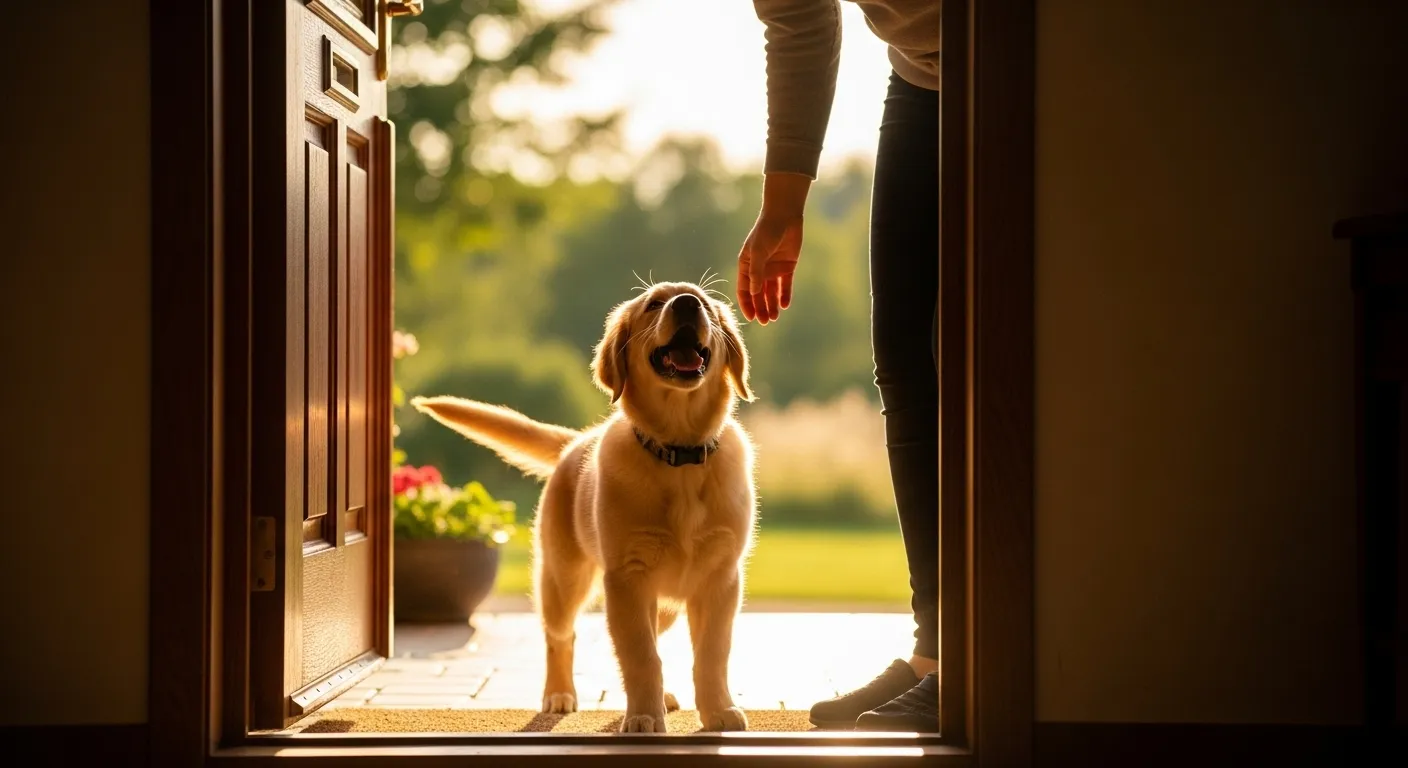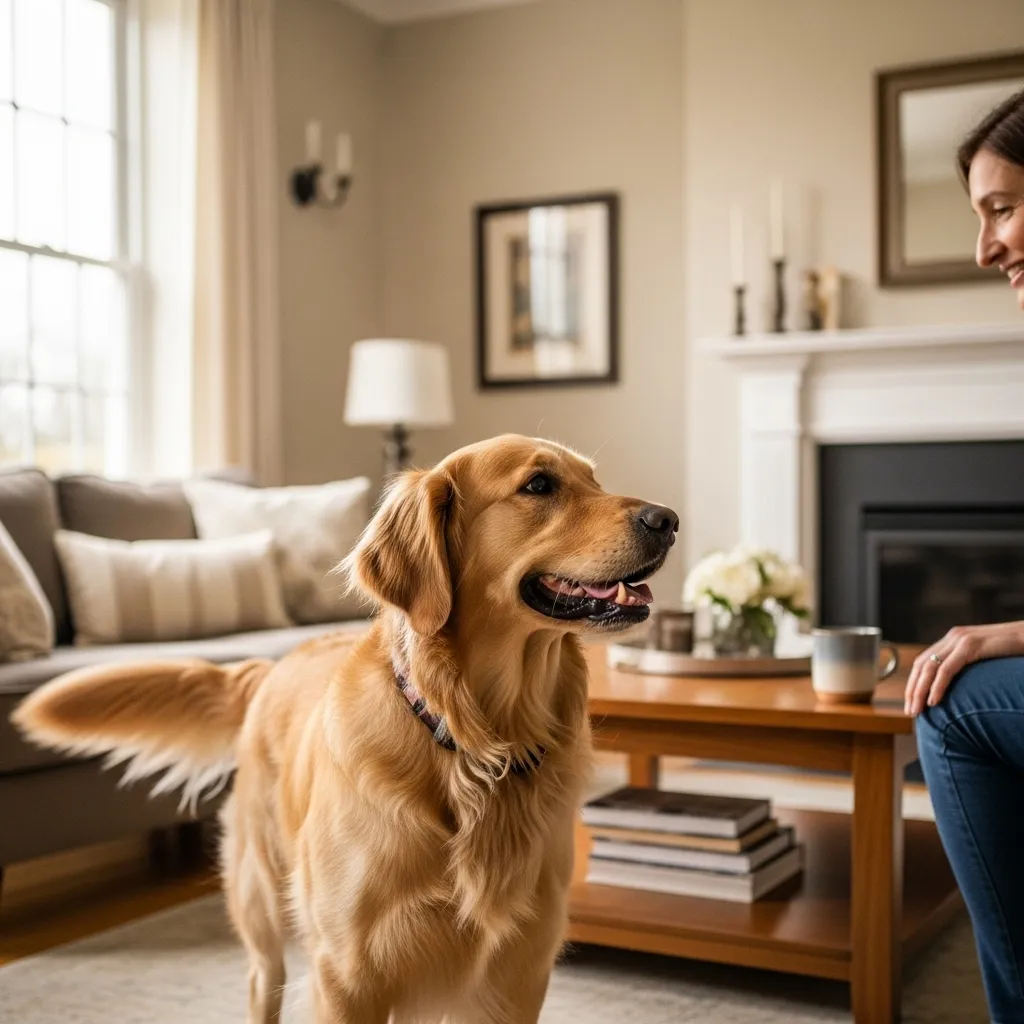
Bringing Your New Companion Home: A Gentle Start
The first few days and weeks with your new dog are a critical time for building trust and setting the foundation for your life together. Rushing this process is a common pitfall that can lead to stress for both you and your new pet. The key is to be patient and prepared.
Before your dog even arrives, take time to dog-proof your home. Secure loose electrical cords, put away cleaning supplies, and make sure any medications are safely out of reach. Remember that many common foods (like chocolate, grapes, onions, and xylitol sweetener) and houseplants can be toxic to dogs. You can find comprehensive lists of hazards on the ASPCA website.
Set up a designated “safe space” for your dog. This could be a comfortable crate with the door left open or a cozy bed in a quiet corner of the living room. This gives them a place to retreat to when they feel overwhelmed. Make sure food and water bowls are easily accessible.
The Decompression Period
When you bring a dog into a new home, they need time to adjust. This is often called the decompression period, and it can last anywhere from a few days to a few weeks. During this time, the goal is to keep things calm, quiet, and predictable. Avoid overwhelming your new dog with visitors, loud noises, or trips to busy places. Stick to a simple routine for feeding, potty breaks, and rest.
Mini-Example: Your Dog’s First 24 Hours
A gentle start can make all the difference. Here’s a sample plan for a calm first day:
Arrival: When you get home, take your dog on leash directly to their designated potty spot in the yard. Give them plenty of time to sniff around. When they go, praise them calmly (“Good potty!”) and offer a small treat.
Home Introduction: Keep the leash on and let them explore one room at a time, starting with the area where their bed and bowls are. Keep the tour brief and calm. Avoid letting them have free run of the entire house, which can be overwhelming.
Quiet Time: After the short tour, guide them to their safe space. Offer a durable chew toy or a food puzzle to help them settle. Sit quietly in the same room, reading a book or watching TV. Your calm presence is reassuring.
Feeding: Offer a small meal. Don’t worry if they don’t eat right away; stress can suppress appetite. Give them space to eat in peace.
Bedtime: Take them out for one last potty break right before you go to bed. For the first few nights, it can be helpful to have their bed or crate in your bedroom so they don’t feel isolated.














